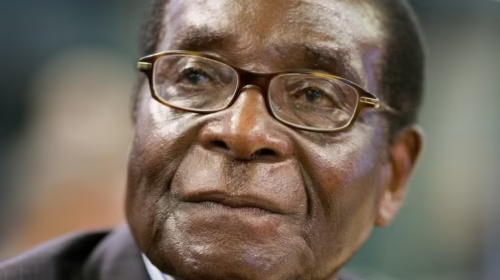A new Broadcasting Services Amendment Bill seeks to reshape Zimbabwe’s media landscape by mandating 75% local content on public broadcaster platforms with multiple channels.
The proposed legislation, gazetted last Friday, introduces sweeping changes to align the Broadcasting Services Act with the Constitution and Public Entities Corporate Governance Act.
While local broadcasters must adhere to the 75% quota, international broadcasting services operating in Zimbabwe are notably exempt from the provision.
Sports television channels, licensed locally, will need to allocate half of their airtime to showcasing Zimbabwean sports events and athletes.
Social media broadcasters transmitting national events face new regulatory requirements, including mandatory registration with the Broadcasting Authority of Zimbabwe (BAZ).
Subscription-based broadcasters will be compelled to carry up to three channels from public broadcasters, ensuring local content reaches diverse audiences.
Foreign ownership of broadcasting licenses will be capped at 40%, ensuring majority ownership remains in local hands while attracting international investment.
Insurers will be prohibited from selling motor vehicle insurance to individuals without a valid ZBC radio license, a controversial move tied to sustaining public broadcasting revenue.
Clause 15 of the Bill formalizes this connection, making the radio license a mandatory prerequisite for obtaining motor vehicle insurance in Zimbabwe.
Fees collected from radio licenses are essential for funding public broadcasting, maintaining national coverage, and supporting local content production.
Clause 21 focuses on sports broadcasting, requiring 50% local content, balancing international sports’ commercial appeal with the representation of Zimbabwean sporting activities.
To further modernize the sector, BAZ’s regulatory powers will expand to address emerging challenges and promote a thriving, culturally relevant media industry.
New measures include monetary penalties for non-compliance, commissioning independent productions, and ensuring diverse language representation across platforms.
Clause 17 introduces frameworks for tackling migration issues arising from technological advancements, ensuring the media industry remains relevant in a dynamic environment.
The amendments also aim to foster a strong cultural identity by enhancing local content production and promoting investments in Zimbabwe’s media landscape.
As stakeholders evaluate these legislative changes, the focus remains on their potential impact on local broadcasters, viewers, and the broader media ecosystem.
This Bill signifies a pivotal moment in redefining public broadcasting in Zimbabwe, promising a media environment rooted in national identity and cultural diversity.













